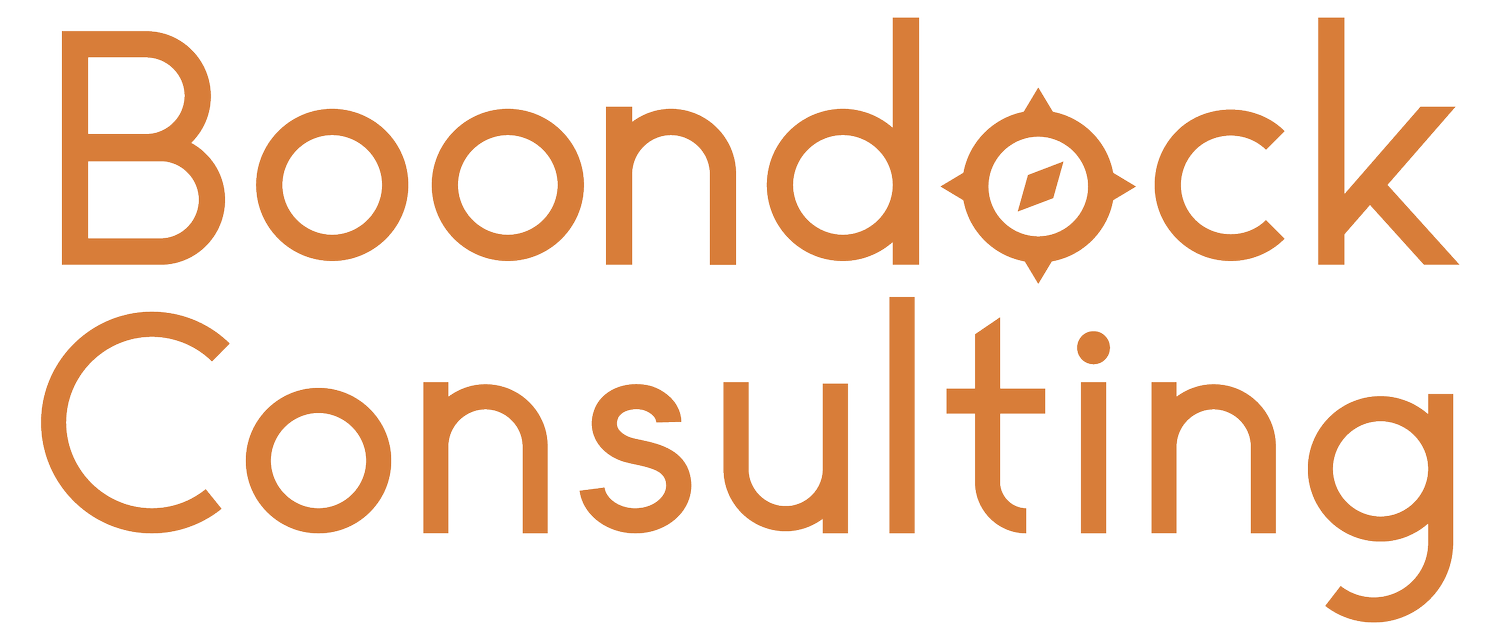Should You Use AI Copywriting Tools for Your Business in 2025?
Table of Contents Show
AI copywriting tools have come a long way since they first burst onto the scene. By now, most business owners have at least dabbled in AI-generated content—whether through ChatGPT, Jasper, or even built-in tools in their favorite platforms. And let’s be real: AI is a massive time-saver.
But does that mean you can let AI write all your content without a second thought? Not quite.
AI is a fantastic tool, but like any tool, it’s only as good as the person using it. The best content still needs human input, editing, and a personal touch to stand out. If you’re a small business owner looking to leverage AI for content creation, here’s what you need to know.
AI is Smart—But Not That Smart
AI can churn out a solid blog post in minutes. But here’s the thing: it’s not actually writing—it’s predicting the next word based on data it has already seen. That means AI-generated content tends to be:
If you want content that feels real and connects with your audience, AI should be your assistant, not your replacement.
AI Doesn't "Think"—It Compiles
AI-generated content can sound fresh, insightful, and even groundbreaking—but here’s the truth: AI isn’t creating anything new. It’s pulling from data that already exists online, rewording it, and presenting it in a way that matches your prompt.
That means:
AI can only reference what’s been published before—it doesn’t have original thoughts, opinions, or lived experiences.
If outdated or incorrect information exists in its training data, AI can (and often does) include it in its responses.
AI doesn’t fact-check—it assumes that whatever it finds online is accurate. (Spoiler: it’s not always.)
It’s easy to assume that AI-generated content is "smart," but in reality, it’s just a high-speed researcher with no ability to verify sources. This is why it’s critical to have a human review and fact-check everything before hitting publish.
Think of AI as an assistant that can save you time on research and drafting—but the responsibility for accuracy, originality, and trustworthiness? That still falls on you.
The Secret to Better AI Content? Better Prompts
One of the biggest lessons from the AI boom is that AI results are only as good as the prompts you give it.
If you’ve ever been frustrated by AI-generated content writing, it might not be the tool’s fault—it could be your prompt. AI doesn’t think like a human, so vague prompts lead to vague results.
For example, instead of:
“Write a blog about sustainable living.”
Try:
“Write a conversational, 1000-word blog about sustainable living tips for small businesses. Include practical advice, avoid generic statements, and use an engaging tone.”
Learning how to craft effective prompts takes practice, but once you get the hang of it, you’ll see better results that you can modify to your needs.
AI & SEO: What Business Owners Need to Know in 2025
Search engines have changed. Again.
Google and other search engines are now integrating AI-generated responses directly into search results. This means that when someone searches for something, they might not even click a link—they’ll just read Google’s AI-generated answer.
So, what does that mean for your content strategy?
Google still values human expertise. AI content alone won’t cut it—you need original insights, personal experiences, and expertise. (Google’s E-E-A-T principles—Experience, Expertise, Authoritativeness, and Trustworthiness—are more important than ever.)
AI-written content won’t automatically rank. Search engines are getting better at detecting AI-generated content, especially when it’s low-quality or lacks originality.
Optimizing for AI search is different. Structuring your content with clear, well-organized answers to common questions can increase your chances of being featured in AI-generated search results.
The bottom line? AI can help with SEO, but only if you’re strategic about how you use it.
How Should Small Businesses Use AI for Content?
AI is best used as a jumping-off point rather than a one-click solution. Here’s how you can use it effectively for your copywriting or content writing needs:
Content brainstorming: Generate topic ideas, outlines, or rough drafts.
Writing support: Use AI to speed up first drafts, then edit for personality and originality.
SEO assistance: AI tools can help with keyword research and content structuring.
Repurposing content: Quickly transform blogs into social media posts, email newsletters, or video scripts.
What you shouldn’t do? Copy and paste AI content without reviewing it. AI is a tool, not a replacement for thoughtful, human-driven marketing.
Final Thoughts: AI + Human Touch = The Best Content
AI can save time, streamline content creation, and help overcome writer’s block. But the best-performing content in 2025 (and beyond) will still require human creativity, strategy, and editing.
If you’re a small business owner wondering how to incorporate AI into your marketing without losing authenticity, I can help. Let’s create a strategy that balances efficiency with originality—because your business deserves more than cookie-cutter content.




